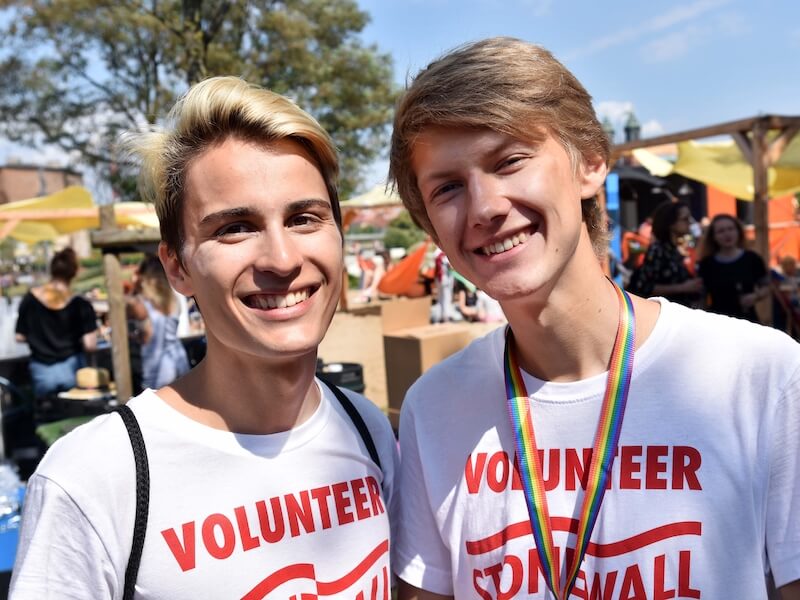- About
- Topics
- Picks
- Audio
- Story
- In-Depth
- Opinion
- News
- Donate
- Signup for our newsletterOur Editors' Best Picks.Send
Read, Debate: Engage.
| topic: | LGBT Rights |
|---|---|
| located: | Serbia |
| editor: | Katarina Panić |
Last week, the Pride Info Centre in Serbia was attacked for the 15th time in the last three years. The Serbian capital of Belgrade will host EuroPride 2022 next month (Sep 12-18). As the celebration approaches, the hate speech against the LGBTQ+ community has also risen. The loudest comes from right-wing extremists, the church and the anti-LGBTQ NGOs, which allegedly advocate for family values, but are essentially deeply homophobic.
"We will all stand up against [EuroPride]. I will be the first. I will curse anyone who preaches this. And I would use a weapon if I had it," Bishop Nikanor of Banat said in a public sermon on 12 August. The Serbian Orthodox Church did not distance itself from his anathema on the participants of the Pride march.
“It is unacceptable that in a secular state, high officials of the Serbian Orthodox Church remain unpunished for spreading hate speech and calling for physical violence!” Belgrade-based Labris, one of the oldest lesbian human rights organisations in the region, stated in its press release. “Therefore, we demand an immediate reaction from the competent authorities and invite the Public Prosecutor's Office of the Republic to investigate the existence of the criminal offence of endangering security and incitement to commit hate crimes.”
The capital of Serbia will be the first city in southeast Europe and the first outside the European Economic Area to host a major event for the pan-European LGBTQ+ community that faces deep inequality and discrimination in the Western Balkans.
Bishop Nikanor also cursed with ease the children of members of the LGBTQ+ community and the openly lesbian prime minister Ana Brnabić, the first head of government to have a child with a same-sex partner. This put Serbian president Aleksandar Vučić in an uncomfortable situation of choosing a side - of his loyal partner in the government for many years or the church, which is known to be close to the authorities and has a lot of influence on the government, even though the state is formally secular.
"Bishop Nikanor of Banat insulted himself and our church, humiliated our church, much more than Ana Brnabić or anyone else did. The Serbian Orthodox Church has this in its dogma and must declare against it. I have nothing against that [...] but no one has the right to threaten people," said Vučić. Compared to the first Pride held in Belgrade in 2001 and the battles that human rights activists have struggled with over the last two decades, this statement could be considered gay-friendly.
Social activists believe that with greater exposure to LGBTQ+ people to the public, the more significant social acceptance will be. All that the government is expected to do is follow the constitution in protecting this community from hate speech or violence. Many organisations are working towards these goals, although the most common obstacle they meet is not in the laws themselves, but the mentality of Serbian society.
Photo by Mick De Paola

